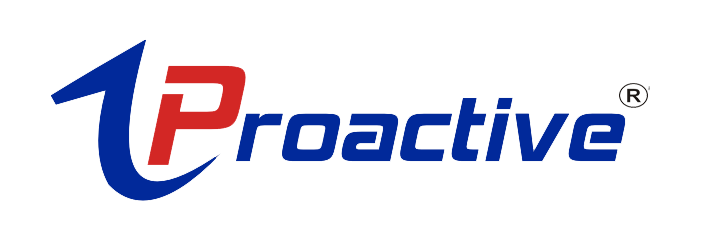OBD Voice Calls For Election Campaigns
- September 25, 2023
- elections, Voice, voice call
Voice calls for election campaigns can be used to communicate with voters, convey important information, encourage participation, and facilitate various aspects of the electoral process.
Potential Benefits of Utilizing Voice Calls for Election
- Wide Reach and Accessibility: Voice calls for election purpose can be used to reach a broad audience, including individuals with limited access to the internet or those who may not be comfortable using technology. It ensures inclusivity and helps in reaching a diverse group of voters.
- Personalized Communication: Voice calls can be personalized to provide relevant information to specific groups of voters based on demographics, location, or voting history. This personalized approach can enhance engagement and encourage voter turnout.
- Real-time Information Dissemination: One of the benefits of using voice calls for election campaigning is that election authorities can use voice calls to provide real-time updates, such as changes in polling locations, reminders about registration deadlines, or announcements related to the electoral process. This ensures that voters are well-informed and up to date.
- Voter Education and Awareness: Voice calls can be used to educate voters about the electoral process, including how to register, the importance of voting, understanding the ballot, and where and when to vote. This helps in improving civic awareness and participation.
- Reminder Services: Automated voice calls for election related updates can serve as reminders for important election dates, early voting opportunities, and actual voting days. This reminder service can help minimize the chance of voters forgetting to participate.
- Efficient Outreach to Specific Groups: Voice calls can be used to target specific demographics, such as first-time voters, encouraging them to participate in the electoral process and providing them with necessary guidance and information.
- Cost-effective Communication: Compared to traditional methods like mailers or in-person visits, voice calls for election can be a cost-effective way to communicate with a large number of voters quickly and efficiently.
- Feedback and Surveys: Voice calls can be used to collect feedback from voters about their experience during the election process, helping election authorities to improve future elections based on this feedback.
- Language Accessibility: Voice calls can be conducted in multiple languages to cater to a diverse population, ensuring that voters who speak different languages can easily understand the information being provided.
- Public Service Announcements: Voice calls can be used to deliver public service announcements regarding voter registration, election rules, candidates, and other critical information relevant to the election.
It’s important to use voice call technology responsibly, ensuring compliance with privacy regulations, and allowing recipients to opt-out or control the frequency of such communications. Additionally, maintaining accuracy, avoiding misinformation, and respecting voter preferences are vital to ensuring the effectiveness of voice calls in election-related communication. With Proactive Voice Call service, make your election campaign reach wider audience and gain additional success in upcoming elections.
June 17, 2024
In the rapidly evolving world of education technology (EdTech), digital strategy plays a crucial role in connecting with educators, students,…
In the rapidly evolving world of education technology (EdTech), digital strategy plays…
In the fast-evolving tech industry, startups face the dual challenge of developing…
As more and more consumers prefer the convenience of online shopping, businesses…
In the competitive world of e-commerce, effective communication with customers is key…
In the ever-evolving landscape of digital communication, Rich Communication Services (RCS) is…
Video marketing has become an essential tool for businesses looking to engage…
In the ever-evolving world of digital communication, businesses constantly seek innovative ways…
In the evolving landscape of text marketing, businesses are continually exploring new…









